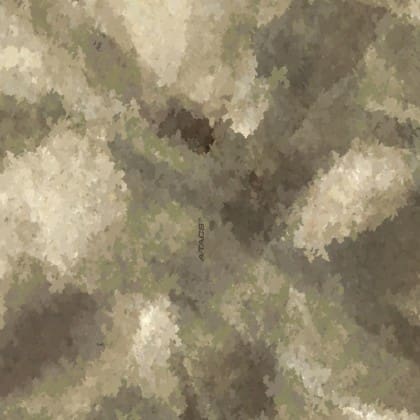People keep commenting that they don’t understand what is so special about the A-TACS pattern. In order for our readers to get a better idea of what went into the design of A-TACS, we are publishing information provided by Digital Concealment Systems (DCS).
A-TACS® is designed as a universal pattern for a wide range of operational environments with additional supporting color and design variants to follow. The current pattern uses a tan base and is tuned for use in arid environments.
Most of the so-called digital patterns use square pixels to create the distortion effect. These do not replicate the shapes, forms, and shadows of the environment they are deployed in; especially when viewed through optics. This use of ninety-degree angles and limited natural colors can in many cases, make detection easier.
Additionally, the “visual noise” in these same patterns tends to make them close together into a solid color, producing a “blobbing†effect when viewed from a distance. DCS designed A-TACS® to address these critical issues in three ways.
1. – Replace unnatural square pixels with organic pixels. They developed a patented process to create a palette of natural colors digitally sampled from real-world elements in carefully controlled lighting. The pattern is then created using a mathematical algorithm that writes “organically-shaped†pixels using the specific color information given. The resulting pattern while still digital, is far more organic in appearance.
2. – Use small patterns to create larger more distinct shapes designed to work at a distance. Small shapes create larger shapes and larger shapes are organized into a distinct pattern with no horizontal or vertical orientation. This unique “pattern within a pattern” concept allows A-TACS® to effectively break the human outline at great distances thereby, minimizing the “blobbing” effect of other patterns when viewed from a distance.
3. – More effective use of color range produces a better concealment system. A-TACS® is created using a far greater range of inter-mingled natural colors than was previously possible. The overall base color for the cast is a neutral tan which is designed for use in open, rocky, or arid environments. The additional colors mix together to create a greater number of shades.
The information provided by DCS has a couple of great points:
– No vertical or horizontal orientation. This can lead to a higher usable fabric yield for manufacturers.
– It looks like additional patterns for specific environments will be forthcoming
– It is difficult to copy meaning knock-offs should be easy to spot
DCS will release additional information soon. Visit www.a-tacs.com.


